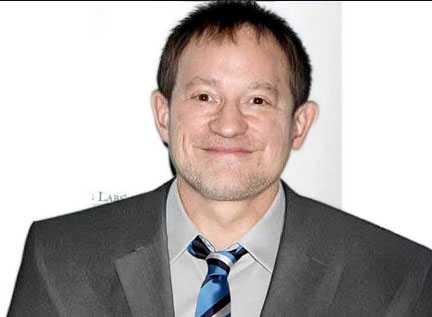Despite his long tenure, Biya's administration is marred by allegations of corruption, poor governance, and security issues, prompting domestic and international voices to advocate for a change in leadership. Concerns over his health have intensified, leading to speculation after his prolonged absence from public view last year, which sparked rumors about his demise. While Biya has never been defeated in an election, his strategy could come under greater scrutiny as several opposition leaders, including 2018 runner-up Maurice Kamto, prepare to challenge him.
The political landscape is further complicated by a recent fracture within Biya's ruling coalition, as key northern allies departed and announced their own candidacies for the upcoming election. Other members of the ruling party, however, continue to rally for Biya's re-election, especially since the removal of term limits in 2008 allows him to pursue the presidency indefinitely. In the 2018 election, Biya secured over 71% of the votes, despite accusations of widespread election irregularities, indicating that his path to another term will likely be fiercely contested.
The political landscape is further complicated by a recent fracture within Biya's ruling coalition, as key northern allies departed and announced their own candidacies for the upcoming election. Other members of the ruling party, however, continue to rally for Biya's re-election, especially since the removal of term limits in 2008 allows him to pursue the presidency indefinitely. In the 2018 election, Biya secured over 71% of the votes, despite accusations of widespread election irregularities, indicating that his path to another term will likely be fiercely contested.



















